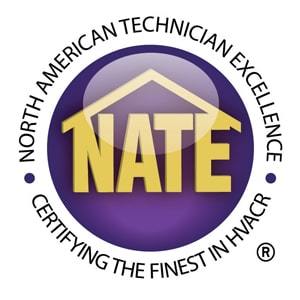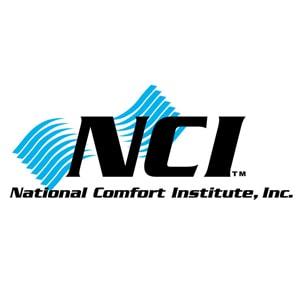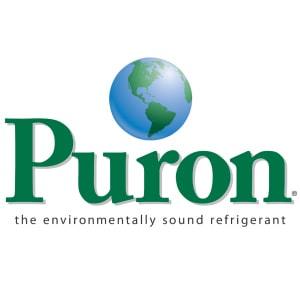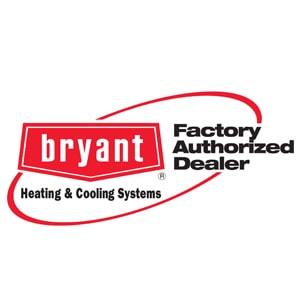The holidays are an exciting time of the year, but unfortunately, they are also a time when homeowners experience significant home heat risks. Here are a few risks to be aware of and how to prevent them:
Cooking Risks
Holiday dinners, cookie baking bonanzas, and potluck prep can take a significant toll on your kitchen and could potentially cause fires or other concerns. Cooking hazards are the number one cause of home fires, so play it safe with these guidelines.
- Be sure small appliances, especially the cords, are located away from sinks. With countertop appliances, make sure they are plugged into GFCI: Ground Fault Circuit Interrupter protected outlets.
- Wear short sleeved fitted clothing and aprons when cooking. Be particularly aware of loose and longer sleeves when cooking over an open gas flame. Flowy materials can easily catch fire in the kitchen.
- When not in use, be sure to unplug appliances such as coffee makers, toasters, blenders, or toaster ovens.
- Never leave paper towels, kitchen towels, potholders or oven mitts next to the stovetop. These can easily catch fire if they come into contact with a heating element.
Holiday Light Hazards
Holiday lights are fun! But, if you overdo it or are not well informed, then your beautiful lights can be potentially dangerous. Be sure to follow these recommendations when decorating with lights this season.
- Unplug all holiday lights, both indoor and outdoor lights, before going to bed or leaving your home.
- Use only electric lights when decorating your holiday tree. Never try and light your tree, whether real or fake, with fire-lit candles. Consider battery operated candles in place of regular candles elsewhere.
- To decrease the risk of electrocution when hanging holiday lights, use a fiberglass or wooden ladder instead of a metal ladder.
Space Heater Dangers
Space heaters add easy comfort to any room during the colder months. You’ll want to play it safe when warming your home with a space heater, though, as they could potentially cause electric shock and/or fires.
- First thing’s first: when planning to add a space heater to a room in your home, be sure to read all of the manufacturer’s instructions and provided information carefully. This is very important and is the most effective way to prevent space heater hazards.
- When using a space heater, do not plug the appliance into an extension cord. Plugging the unit into an extension cord could cause overheating and lead to a potential fire. Instead, plug the space heater directly into an outlet on the wall.
- Make space around your space heater. These appliances must be kept at least 3 feet from all flammable objects, including bedding, hampers, and rugs.
Care About Smoke Alarms
- Install smoke alarms outside of all sleeping areas, in the kitchen, and on each floor of your home. Be sure to test your smoke alarms monthly to make sure they’re in proper working order to keep you and your loved ones safe.
- Smoke alarms that rely on hardwiring and a backup battery are found to be more reliable than those that solely rely on a battery.
- There are different types of smoke alarms: a photoelectric alarm responds better to smoldering fires, whereas an ionization alarm responds more rapidly to flames. There are combination style smoke-alarms which include both photoelectric and ionization alarms, and these provide the most complete protection for your home.
If you’re concerned about HVAC heating risks, we can help. Contact us today to make sure that your heater or furnace is working properly.






